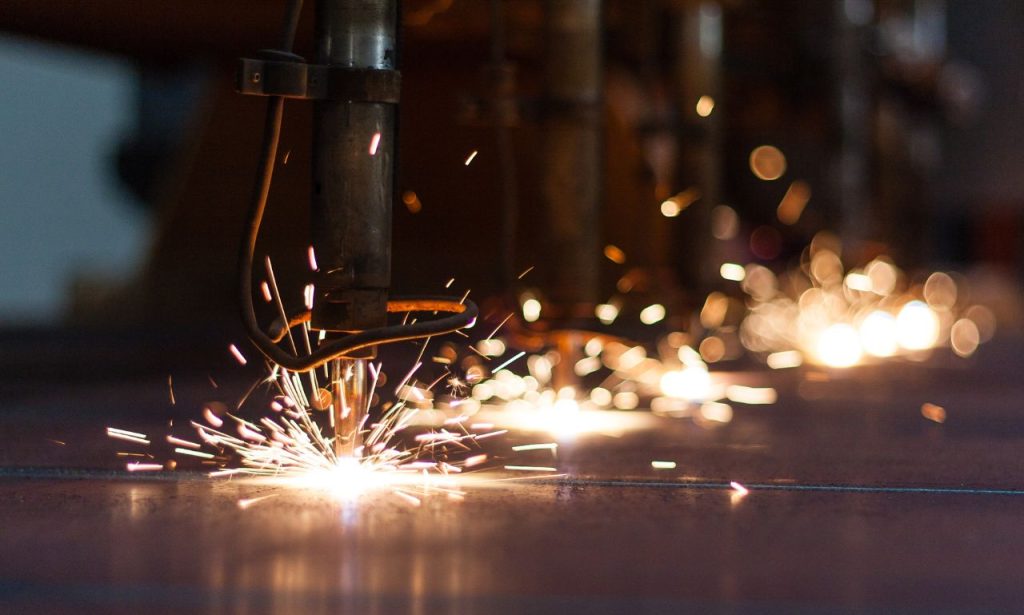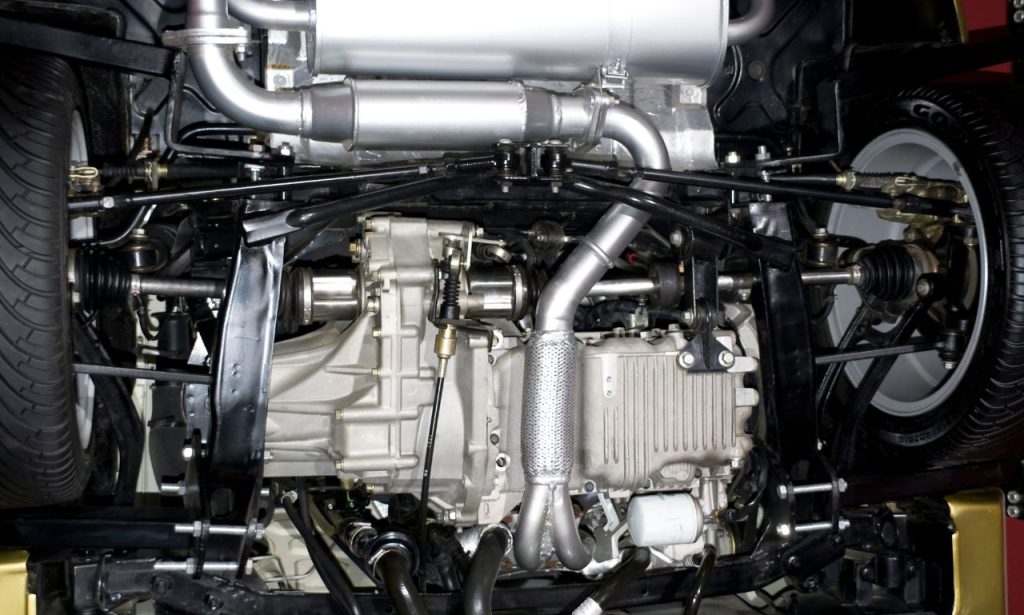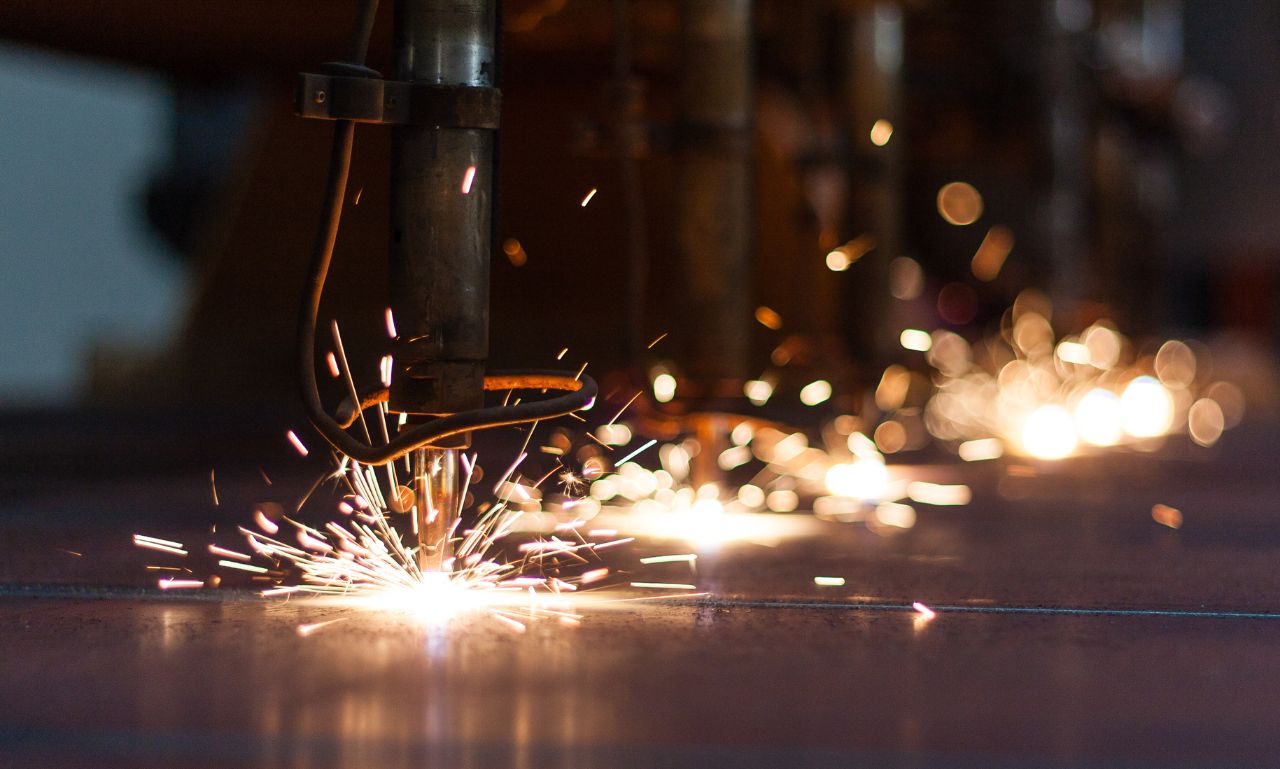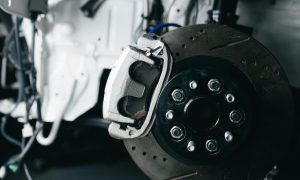Owning a motorhome feels like unlocking a sense of freedom. You hit the road, explore scenic routes, and carry your home with you. Yet, this freedom often comes with its own set of headaches. If you’ve spent time around RV parks or repair shops, you’ll hear the same complaints: plumbing leaks, dead batteries, broken slide-outs, or AC units that quit during the hottest week of summer.
So, what are the most common motorhome problems and how to fix them? That’s the million-dollar question—and one every motorhome owner should understand. By learning about these issues ahead of time, you’ll not only save money but also prevent vacations from turning into stress-fueled nightmares.
Let’s walk through the problems real owners face and, more importantly, how you can fix them before they ruin your adventure.
Water and Plumbing System Woes
Nothing derails a trip faster than a burst water line or a clogged toilet. RV plumbing combines fragile pipes, water pumps, and holding tanks into a compact system that’s prone to failure. Many owners complain about water pumps running nonstop, toilets backing up, or faucets sputtering due to trapped air.
A common culprit is improper winterization. Forget to drain or insulate your pipes in colder states, and you’ll find cracked fittings by spring. Regular inspection goes a long way. For instance, replacing rubber washers and seals once a year costs little but prevents big headaches. When it comes to clogs, remember that RV plumbing is less forgiving than your home’s plumbing. Use RV-friendly toilet paper and avoid dumping grease down sinks.
The fix often starts with simple habits: draining tanks on schedule, sanitizing your freshwater system, and replacing cheap plastic fittings with higher-quality brass ones. If your water pump cycles too often, check for leaks or air pockets before assuming the pump itself is bad.
Electrical System Malfunctions

Motorhome electrical issues are legendary. Owners often complain about dead batteries, failing generators, or appliances that flicker on and off. These problems usually stem from overloaded circuits, weak wiring, or neglected batteries.
Consider this: leaving your rig plugged into shore power without monitoring can cause overcharging and damage to batteries. Conversely, running too many appliances at once trips breakers. One real-world case involved a family who lost their entire fridge load during a summer trip because their inverter wiring overheated and shut down.
The fix? Invest in a quality multimeter and learn the basics of its use. Check connections for corrosion, maintain your house and chassis batteries separately, and use surge protectors when hooking up to campground power. A smart battery monitor also helps you track voltage and avoid expensive surprises.
HVAC and Climate Control Troubles
Few things test patience like an air conditioner quitting in mid-July in Arizona or a furnace failing during a chilly night in Colorado. RV climate systems work hard under extreme conditions, so failures are common.
Dirty filters and blocked vents are usually to blame. Surprisingly, many owners don’t realize they should clean or replace filters monthly when on extended trips. Thermostats can also misread temperatures, leaving you roasting or freezing despite the system running.
The fix starts with maintenance. Clean filters, inspect ducts, and keep roof-mounted units clear of debris. For furnaces, always check propane levels and ensure the igniters are functioning correctly. If your AC constantly trips breakers, it might be time for a soft-start kit—these reduce the power surge when the compressor kicks on.
Roof and Exterior Leaks
Ask any seasoned RVer, and they’ll tell you leaks are enemy number one. Rainwater sneaks in through roofs, windows, or seams, causing rot and mold. Even high-end motorhomes aren’t immune. The sad truth? Sealants degrade faster than many owners realize.
Regular roof inspections are non-negotiable. Ideally, check every three months. UV rays, tree branches, and heavy rain all contribute to wear and tear on the vehicle. The solution here is simple but repetitive: reseal seams annually and touch up cracks as soon as they appear. Ignoring a pinhole leak can cost thousands later when the wood framing or insulation needs to be replaced.
Leaking RV Roof
Nothing ruins a trip like waking up to water dripping onto your bed. RV roofs are particularly vulnerable because they expand and contract in response to changes in weather. Rubber roofs, common in many models, require extra care.
To fix minor leaks, start by thoroughly cleaning the area. Apply RV roof sealant or patches specifically made for EPDM or TPO materials. For older rigs, consider applying a full roof coating every few years to maintain optimal performance. Some owners swear by Dicor products, which are industry favorites. If the leak is severe, don’t hesitate to call a professional—roof replacements are costly but sometimes unavoidable.
Window, Door, and Slide-Out Seal Leaks
Water doesn’t only enter from above. Windows, doors, and slide-outs are notorious weak spots. When seals dry out or crack, rain finds its way inside. One owner shared how a small leak by the entry door warped his entire floorboard because it went unnoticed.
The fix? Inspect seals with every trip. Use a seal conditioner to keep the rubber pliable and supple. Replace any cracked gaskets immediately. Many RV supply stores sell DIY kits for resealing windows and slide-outs. Spending a weekend on preventative sealing is better than paying for mold remediation later.
Slide-Out Mechanism Problems
Slide-outs add space and comfort, but they’re also a mechanical Achilles’ heel. Owners often report jams, uneven slides, or motor failures. Dirt, misalignment, and worn gears are common causes of this issue.
The fix begins with cleanliness. Keep tracks lubricated with manufacturer-approved products, not household grease that attracts dirt. If your slide runs unevenly, check for debris that may be blocking the path. Motors or hydraulic systems may require professional servicing, but you can handle alignment checks and lubrication yourself. Ignoring minor slide problems often leads to costly frame damage.
Appliance Issues
From refrigerators to microwaves, appliances make motorhomes feel like a home away from home. But these systems are exposed to constant vibration and fluctuating power, which shortens their lifespan.
Take RV refrigerators: they often fail because owners park them on uneven ground, causing the coolant to pool incorrectly. Others burn out due to poor ventilation. Microwaves and stoves sometimes quit after hitting potholes that jolt loose wiring.
The fix depends on the appliance. Always park level when using an absorption fridge, clean vents, and install small fans to improve airflow. For microwaves or stoves, check fuses and wiring before assuming replacement is necessary. Investing in surge protectors also helps protect sensitive electronics from power spikes in the campground.
Tire and Chassis Concerns

Blowouts, worn suspension, and steering issues are terrifyingly common among motorhome owners. Tires degrade faster than most expect because RVs sit parked for months, exposing rubber to sun and ozone damage.
The fix? Replace tires every six to seven years regardless of tread depth. Inspect for cracks, bulges, or uneven wear. Always check tire pressure before driving, as underinflation is a leading cause of blowouts. For chassis issues like sagging springs or loose steering, schedule annual inspections. Don’t ignore noises or vibrations—these are early warnings of bigger failures.
Common User Errors and How to Avoid Them
Sometimes the most significant problems aren’t mechanical but human. Forgetting to retract steps, driving with antennas up, or overloading storage compartments are common mistakes. Many owners also underestimate weight limits, which can stress axles and brakes.
The fix? Create a checklist for departure and arrival. Pilots use them for a reason—it works. Apps like RV Trip Wizard or simple laminated lists keep you from forgetting crucial steps. Educating yourself on your rig’s weight ratings also prevents damage. Remember, your motorhome is both a vehicle and a house—respect both aspects.
Conclusion
So, what are the most common motorhome problems and how to fix them? From water leaks to electrical gremlins, HVAC failures to tire blowouts, the list is long—but manageable. Preventative maintenance is your best ally. Regular inspections, simple tools, and a proactive mindset keep you rolling smoothly.
Motorhome ownership isn’t just about freedom; it’s about responsibility. With a bit of know-how and care, you’ll spend more time enjoying open roads and less time stuck at repair shops.
If you’ve recently faced one of these issues, what quick fix worked for you? Share your stories with fellow travelers—you might save someone’s next trip.
FAQs
Leaks are the most reported problem, particularly from roofs and seals.
Check every three months and reseal annually to prevent costly water damage.
Parking on an unlevel surface or with poor ventilation can often cause RV refrigerator failures.
Every six to seven years, even if the tread looks fine.
Yes, but only basic checks. Use a multimeter and call a professional for wiring or inverter issues.





